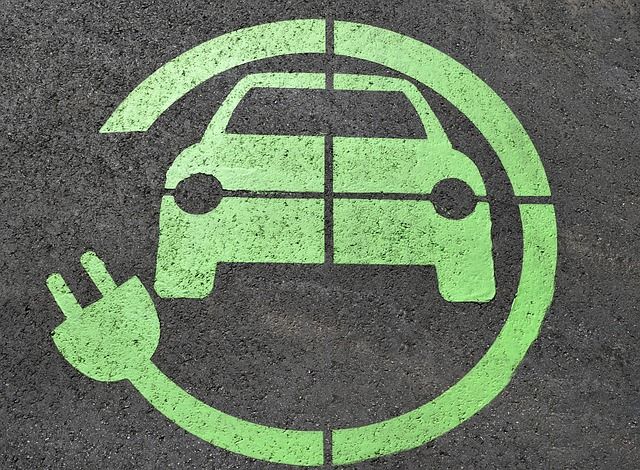It seems that the electric car sector in Denmark is finally experiencing sustained momentum following some lean years and averse policy making by the previous Venstre-led government.
According to the Transport Ministry, the number of public access electric car charging points increased by 68 percent to 4,828 from 2020-2021.
“It’s immensely important that the number of charging points have increased so much in a year,” said transport minister, Benny Engelbrecht.
“More charging points are essential for the green transition in transport. Having said that, we are not there yet.”
READ ALSO: Number of green cars in Denmark skyrocketing
Not there indeed
One of the key issues is that while the number of charging points has increased, the number of electric cars on the roads has shot up even higher.
Figures from the Danish Car Importers showed that there were 66,620 electric cars in the country at the end of 2021.
That’s an increase of 109 percent compared to the end of 2020.
Over the past three years, the number of registered electric cars has more than quadrupled to the point that there is now one charging point per 11 electric cars – up significantly from one to four in 2018.
“Naturally, we are pleased it’s moving in the right direction, but it’s far from enough,” said Danish Car Importers head Mads Rørvig.
“We need to reach a much higher gear in regards to establishing new charging points.”
Check out how your municipality scores in terms of offering electric car charging points.















